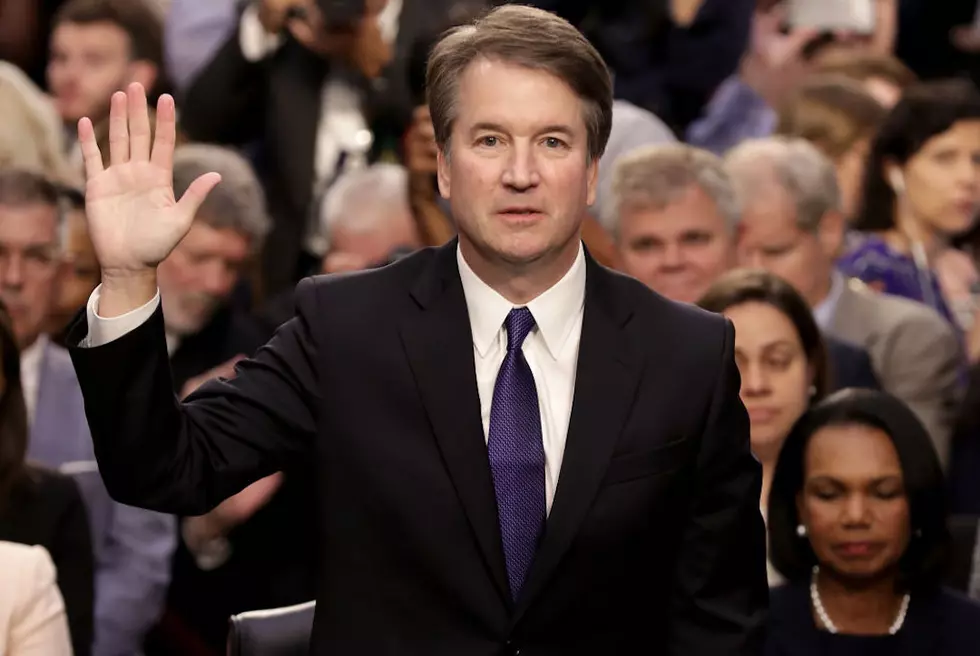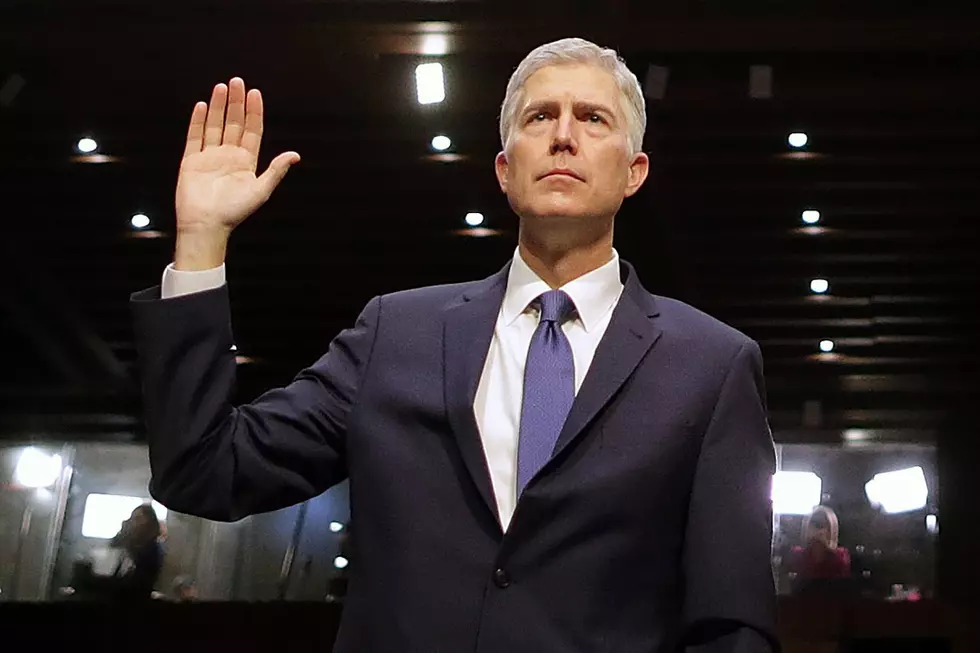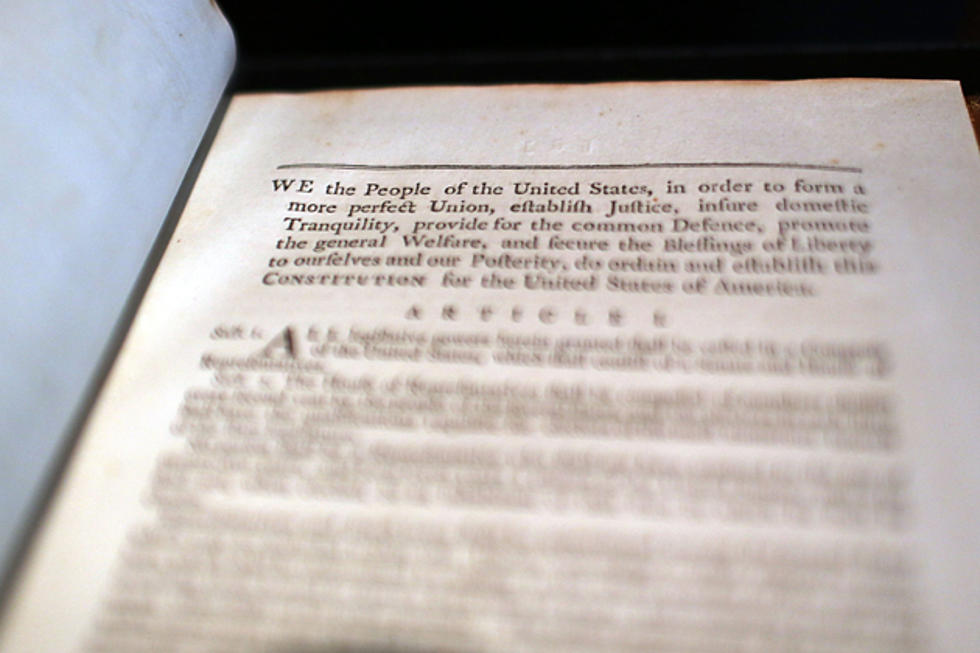
Divided Supreme Court Rules for Businesses Over Workers
WASHINGTON (AP) — The Supreme Court says employers can prohibit their workers from banding together to dispute their pay and conditions in the workplace, an important victory for business interests.
The justices ruled 5-4 Monday, with the court's conservative members in the majority, that businesses can force employees to individually use arbitration, not the courts, to resolve disputes.
The outcome does not affect people represented by labor unions, but an estimated 25 million employees work under contracts that prohibit collective action by employees who want to raise claims about some aspect of their employment.
The result could prompt a new round of lawsuits aimed at limiting class or collective action to raise allegations of racial discrimination.
The Trump administration backed the businesses, reversing the position the Obama administration took in favor of employees.
The court's task was to reconcile federal laws that seemed to point in different directions. On the one hand, New Deal labor laws explicitly gave workers the right to band together. On the other, the older Federal Arbitration Act encourages the use of arbitration, instead of the courts.
Justice Neil Gorsuch, writing for the majority, said the contracts are valid under the arbitration law. "As a matter of policy these questions are surely debatable. But as a matter of law the answer is clear," Gorsuch wrote.
In dissent for the court's liberals, Justice Ruth Bader called the decision "egregiously wrong" and likely to lead to "huge underenforcement of federal and state stautes designed to advance the well-being of vulnerable workers." Ginsburg said that the individual complaints can be very small in dollar terms, "scarcely of a size warranting the expense of seeking redress alone." Ginsburg read a summary of her dissent aloud.
The National Labor Relations Board, breaking with the administration, argued that contracts requiring employees to waive their right to collective action conflict with the labor laws. Business interests were united in favor of the contracts.
Lower courts had split over the issue. The high court considered three cases — two in which appeals courts ruled that such agreements can't be enforced and a third in which the appeals court said they are valid.
More From Newstalk 1290



![If You’re Unarmed, You Are a Fool [VIDEO]](http://townsquare.media/site/176/files/2014/08/guns.jpg?w=980&q=75)





